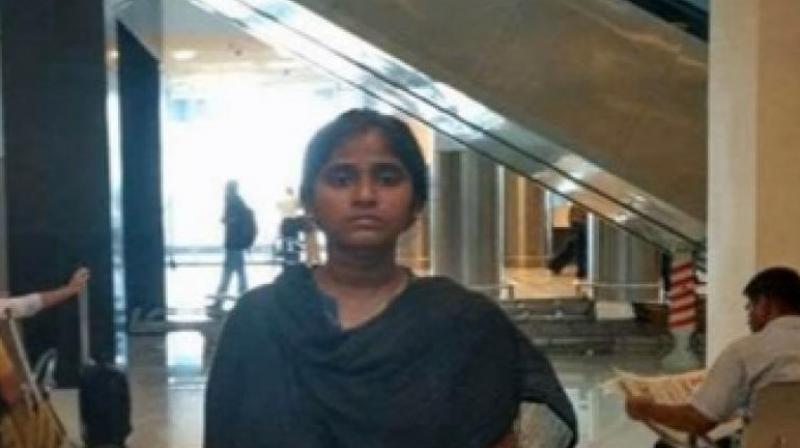99 per cent, decent rank not Neet enough

Hyderabad: A study conducted by the state government has revealed that students who scored over 99 per cent marks in the Intermediate exams and secured decent ranks in Eamcet had lagged behind in Neet. They lost MBBS and BDS seats and had to settle for agriculture, veterinary and horticulture courses. The study was based on MBBS and BDS counselling conducted by the Kaloji University of Health Sciences recently. It was undertaken after the suicide on Friday of Tamil Nadu Intermediate topper S. Anitha, who could not get a MBBS seat on account a poor Neet score.
Prior to Neet, Eamcet rankers within 2,500 used to get seats in MBBS and BDS. This year, many Eamcet under-2,000 rankers had to join agriculture or veterinary courses as they were ranked 50,000 plus in Neet. The variation in syllabus between CBSE, on which Neet is based, and Intermediate was found to be the reason for such a huge difference in performance of students.
Medical education minister C. Laxma Reddy said, “The study was done to assess the impact of Neet on students, in the first year of its implementation. The findings will help us understand how our students performed in Neet over Eamcet and also to bridge gaps in the syllabus and teaching to avoid unfortunate incidents like those witnessed in Tamil Nadu.” The state government has introduced a new syllabus in Intermediate to integrate it with CBSE syllabus, teachers were not trained accordingly and students were not taught in-depth.
“New concepts were introduced in Intermediate due to which the integration with CBSE could be achieved up to 90 per cent. But the content lacked depth. There is still a backlog of 10 per cent. For those who could afford costly coaching in corporate colleges, it was not a problem. But those from poorer and middle classes bore the brunt of Neet. Students from rural areas were more affected,” said P. Madhusudhan Reddy, president, Government Junior Lecturers Association.

